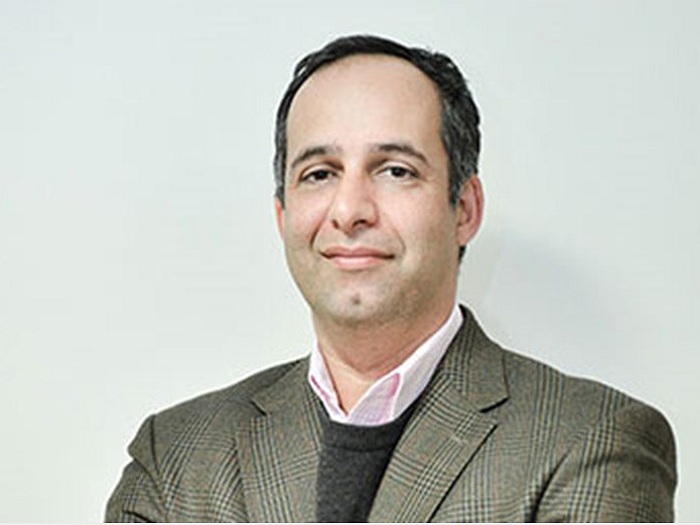Economic growth is unlikely without political agreement

Chairman of the Iran-Switzerland Joint Chamber: It is very unlikely that we will experience economic growth if political solutions do not help the economy. We were able to survive under maximum pressure, Iran's economy has shown that it is not fragile even under the most intense pressures.
According to the International Iranian Stone Exhibition, Sharif Nezam Mafi said about the International Monetary Fund's forecast of 2.5% growth in Iran's GDP this year: "I think this forecast is correct and if a political agreement is reached on Borjam." And if Iran's assets are released and used optimally, even more growth may occur.
He added: "If the agreements lead to the release of Iran's frozen assets in third countries and are used optimally in the economy, that is, spent on strengthening infrastructure and production, better conditions will be created." The private sector has been able to adapt to the maximum pressure to continue its activities and export-oriented. So the lessons we learned under maximum pressure can be effective when the pressures are reduced.
"For several years now, all sectors of the economy have been thinking about exports and new markets, which has improved the quality of our products and made them more competitive," he said. If banking issues help the economy instead of obstacles, it can help the private sector in economic activity.
The head of the Iran-Switzerland Joint Chamber stressed the need for government non-interference in the economy: "The background to all this is the government's non-interference in the economy and non-competition with the private sector." If we do not repeat the mistakes of the past, we can have economic growth and some kind of economic prosperity in the next 1 or 2 years. All this depends on the decisions of the future government. We hope that they will learn from the mistakes of the past and reduce their involvement and competition with the private sector.
Asked if it was possible to achieve growth if political agreements were not reached, he said: "It is very unlikely that we will experience this growth if political solutions do not help the economy." We were able to survive under maximum pressure, Iran's economy has shown that it is not fragile even under the most intense pressures. If any country could fall apart under such pressures instead of Iran. Much of this funding is due to private sector activities.
Referring to the FATF issue, Mafi said: "If, God willing, the FATF is approved, it can greatly contribute to Iran's economic growth, but unfortunately the FATF has become politicized, and when it comes to politics, the end is missing." Unfortunately, we have turned a very simple economic debate into a political one. This will do nothing but harm our economy.
Referring to the 25-year cooperation document between Iran and China, he said: "We should take this as a good omen and see the half-full glass." I do not agree with the fact that everyone views China very negatively. It is true that China wants its own interests in this agreement, but this does not mean that we can not achieve good interests. Not be.
He added: "We need to be able to work with Chinese companies. China is developing in all areas and is the world's second largest economy, and it may become the world's number one economy in the next 10 to 15 years." So while it's hard to predict, the whole pessimistic view of this understanding is not correct.










